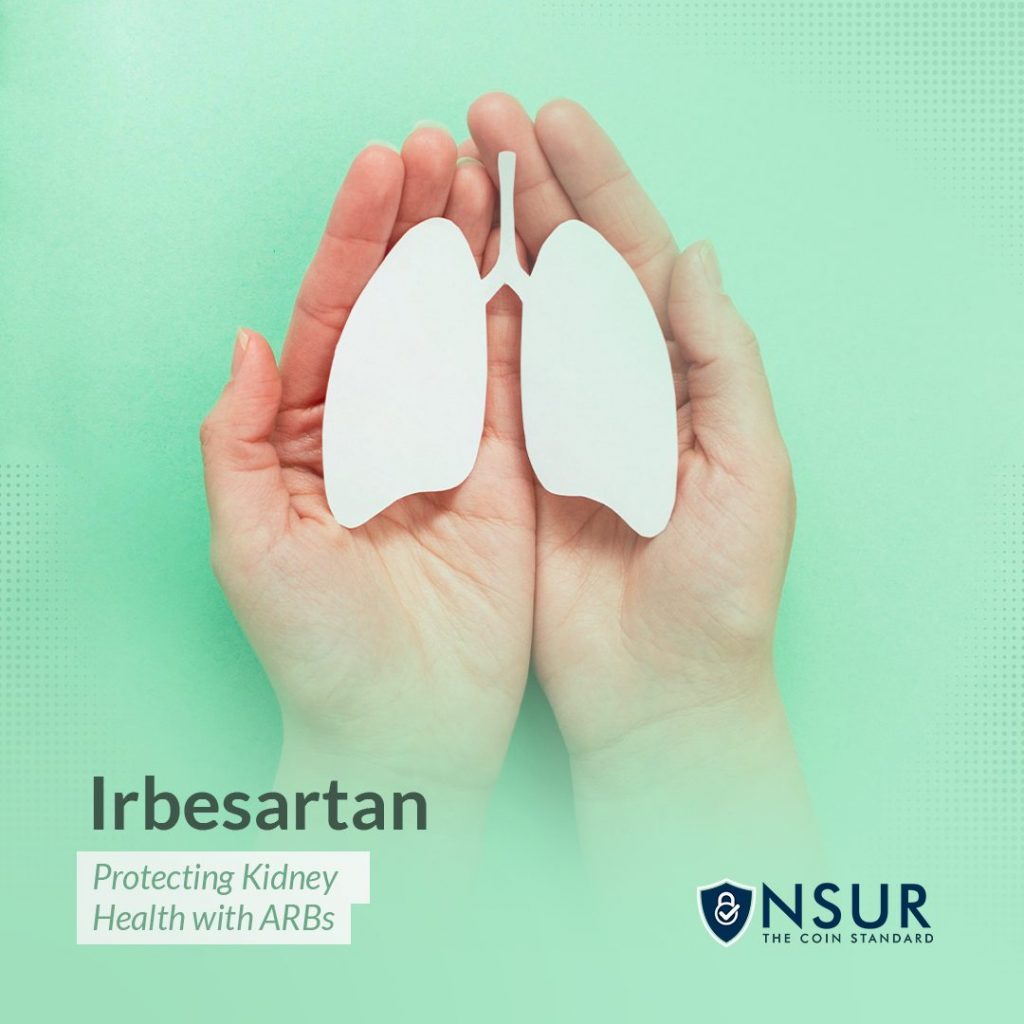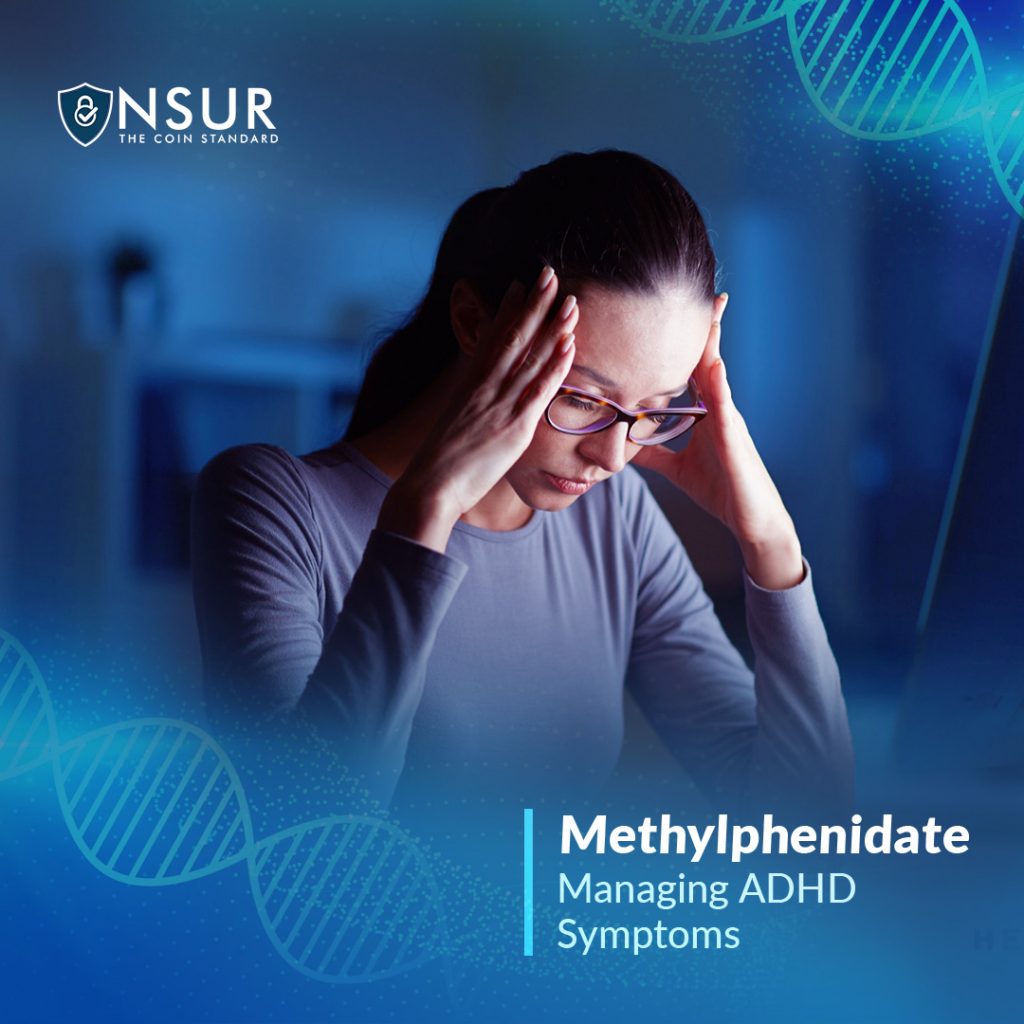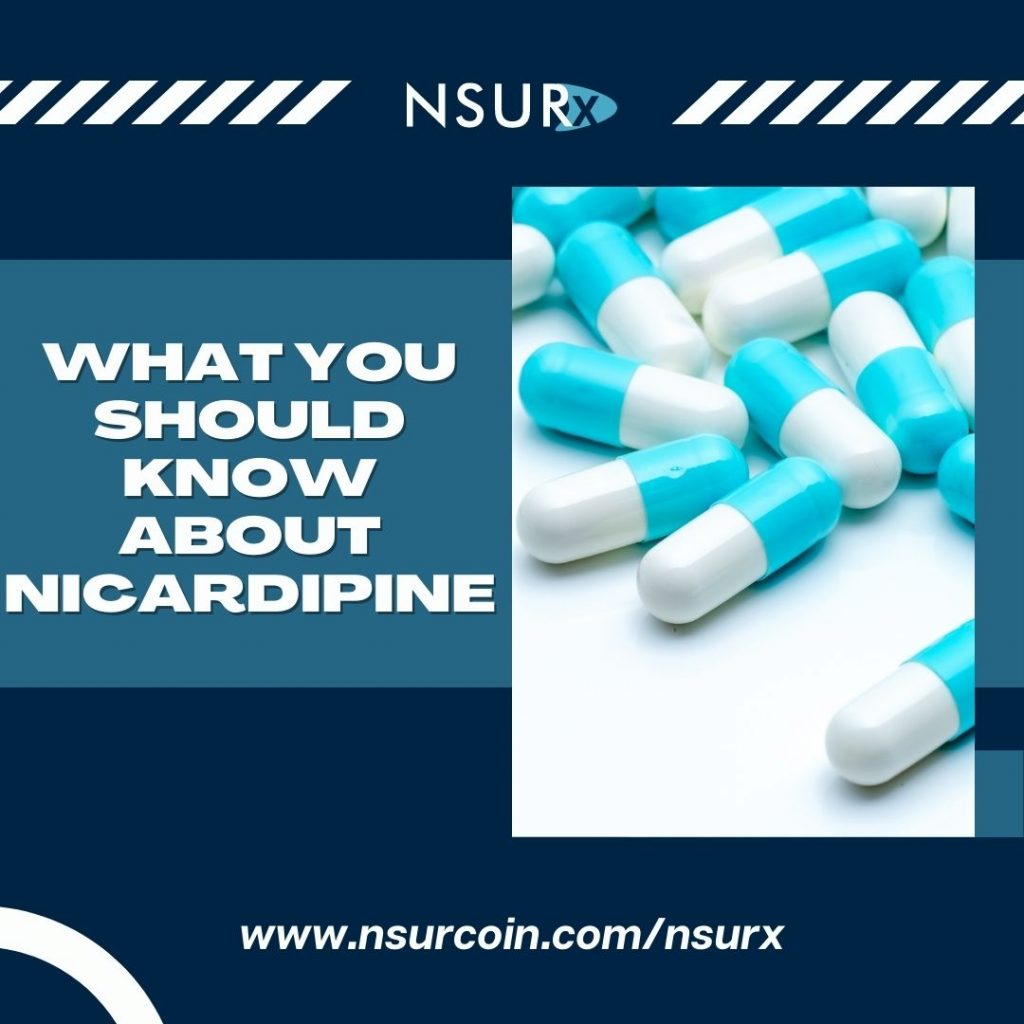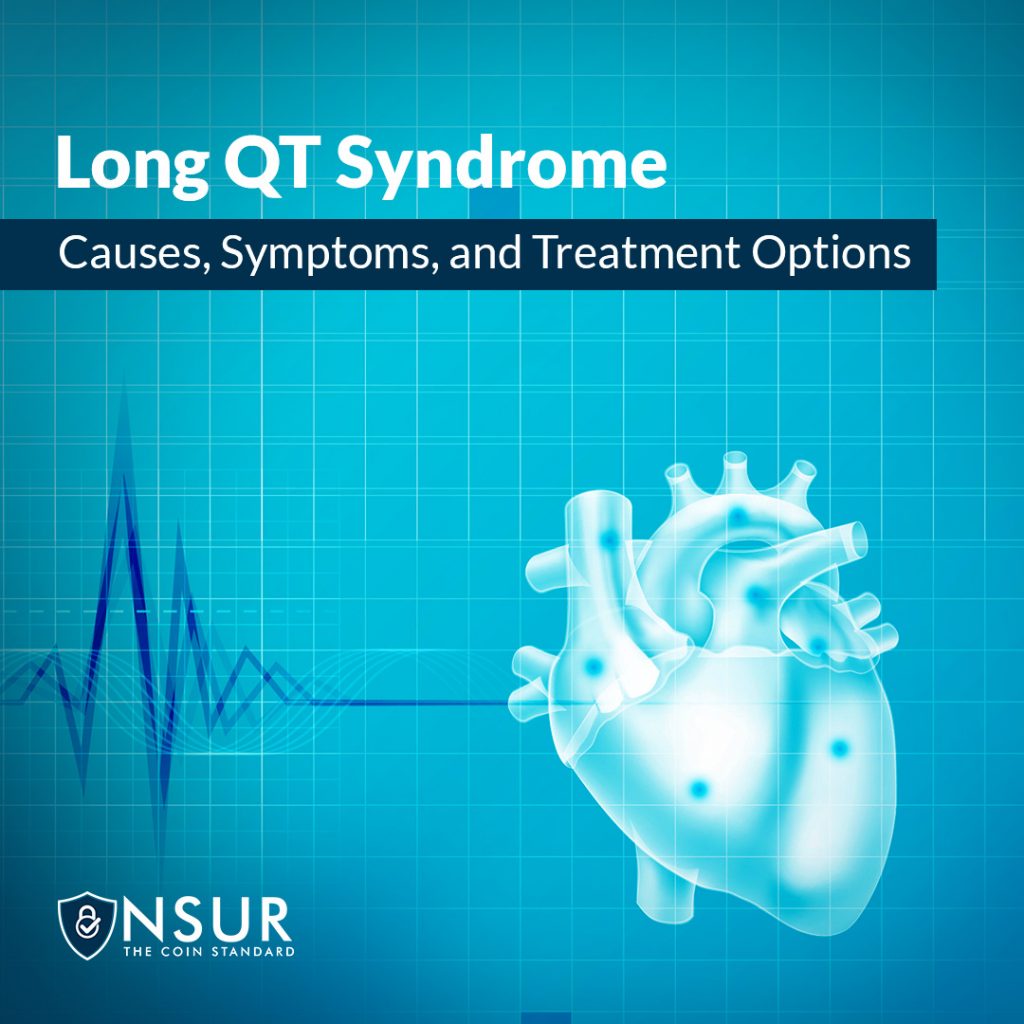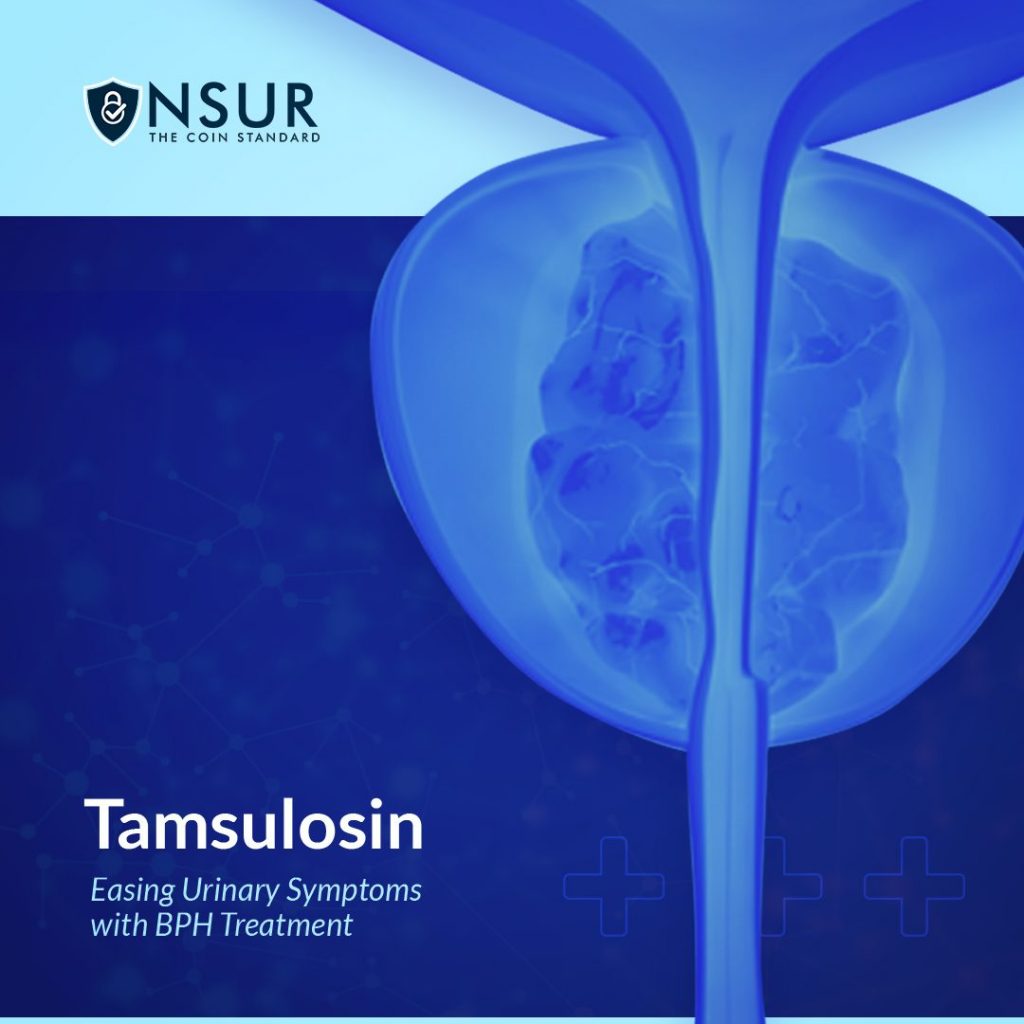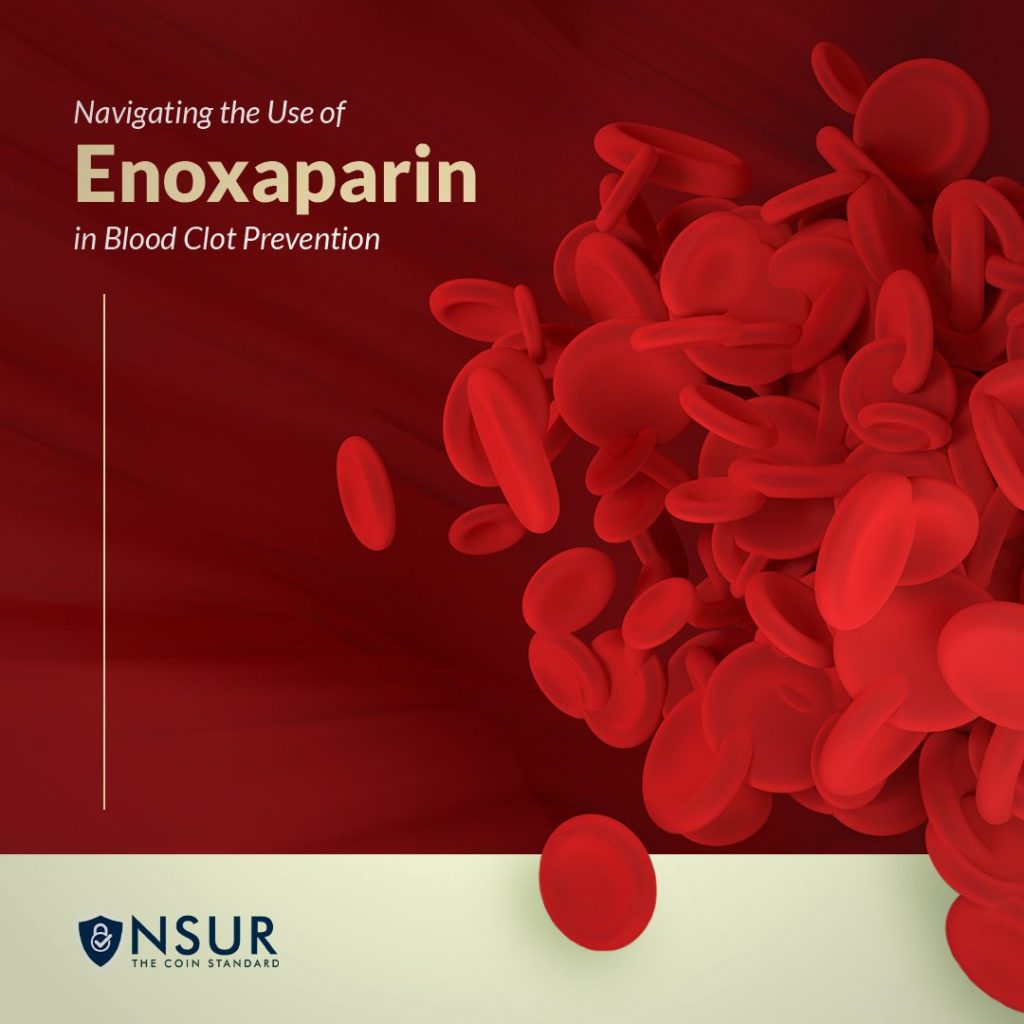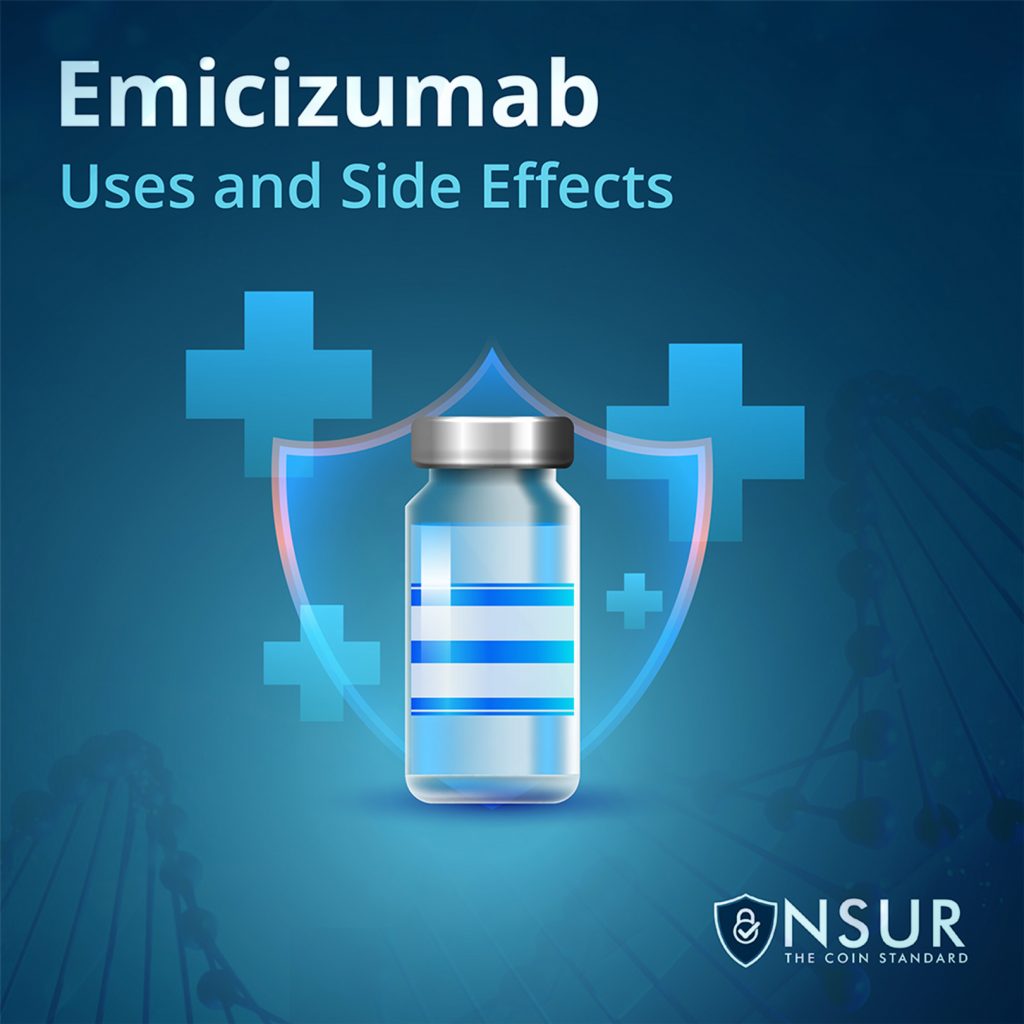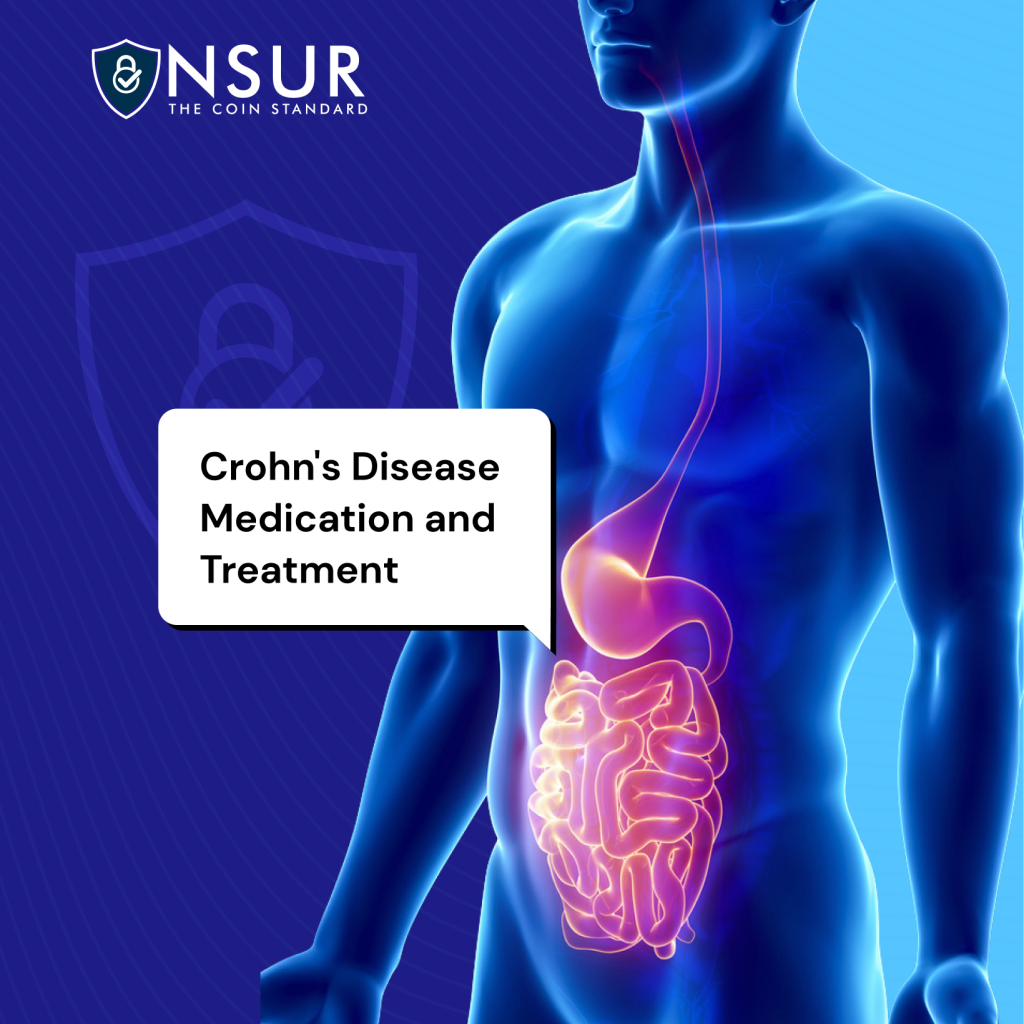
Crohn’s disease is a condition that affects the Gastrointestinal Tract (GI Tract). You can get diagnosed with Crohn’s disease after your medical professional has conducted a series of extensive tests. This condition and the treatment can differ from person to person.
Medications To Treat Crohn’s Disease
Although medications cannot cure Crohn’s Disease, they can manage the symptoms and reduce inflammation. The primary goal of taking this medication is to suppress the immune system and allow the GI tract some time for relaxation and healing. The following list of medications can help control the symptoms:
Corticosteroids
Also known as steroids, help reduce the activity of the immune system so that the GI tract can heal and relax, according to the National Institute For Diabetes And Digestive And Kidney Disease. The list of corticosteroids is as follows:
- Budesonide
- Hydrocortisone
- Methylprednisolone
- Prednisone
The side effects of these corticosteroids:
- Increased pressure in your eyes
- Swelling
- High blood pressure
- Weight gain
- Higher risk of infection
- Acne
- Mood Changes
Aminosalicylates
These medicines contain 5-ASA, which helps control inflammation. This medication is used to treat mild symptoms in people who have been recently diagnosed with Crohn’s disease. This medicine can be found in your pharmacy as follows:
- Balsalazide
- Mesalamine
- Olsalazine
- Sulfasalazine
Side effects of these medications are:
- Diarrhea
- Headaches
- Heartburn
- Nausea and Vomiting
- Pain in the abdomen
Immunomodulators
These medicines reduce immune system activity, resulting in less inflammation. These medicines can take up to 3 months to show results and are given usually after corticosteroids and aminosalicylates stop working for you. A list of some immunomodulators is as follows:
- Azathioprine
- Cyclosporine
- Mercaptopurine
- Methotrexate
- Mycophenolate mofetil
- Tacrolimus
The list of side-effects is as follows:
- Headache
- Nausea
- Vomiting
- Diarrhea
- Higher risk of infection
- Lowers bone density
Biologic Therapies
These medications are given to people with medium or active Crohn’s disease. This therapy is used in case other medications do not work. This includes:
- TNF inhibitors such as adalimumab and certolizumab
- Anti-integrin therapies
- Anti-interleukin 12 and anti-interleukin 23
- Inhibitors of Janus Kinase
The side effects of these therapies are as follows:
- Redness, swelling or irritation while receiving the injection
- Headache
- Fever
- Chills
- Low blood pressure
Other medication
Your doctor might prescribe you additional medications based on your personalized symptoms. The doctor studies your case carefully and according to that, they allot a suitable prescription or mixture of medicines. For example, people who are at a higher risk to develop blood clots during this disease might be prescribed a blood thinner, or your doctor might prescribe you Tylenol for relieving pain.
How can NSUR help with Crohn’s Medication?
NSUR offers a prescription discount card called NSURx to help you save money on your prescriptions.
Simply present your NSURx card to the pharmacist the next time you fill a prescription of medication at your local pharmacy, and you could save up to 80% on your prescription costs! Moreover, every time you fill a prescription using NSURx, you will receive NSUR Coin as a reward, which you can use to buy goods and services on our health and wellness shopping platform.
Over 35,000 pharmacies accept NSURx prescriptions, including major chains like Walgreens, CVS, and Walmart and smaller, independent retailers in your neighborhood.
There is no limit on the number of prescriptions you can fill using NSURx or the frequency at which you can fill them. You can even use NSURx to get discounts on other prescriptions for your friends and family (including pets!).
Visit NSURx’s price lookup tool to see how much you can start saving today on your Tresiba prescriptions and to find the nearest pharmacy to you that accepts NSURx, or call +1 (855) 917-6216. Most users have a pharmacy within 2 miles of their home that takes NSURx.


